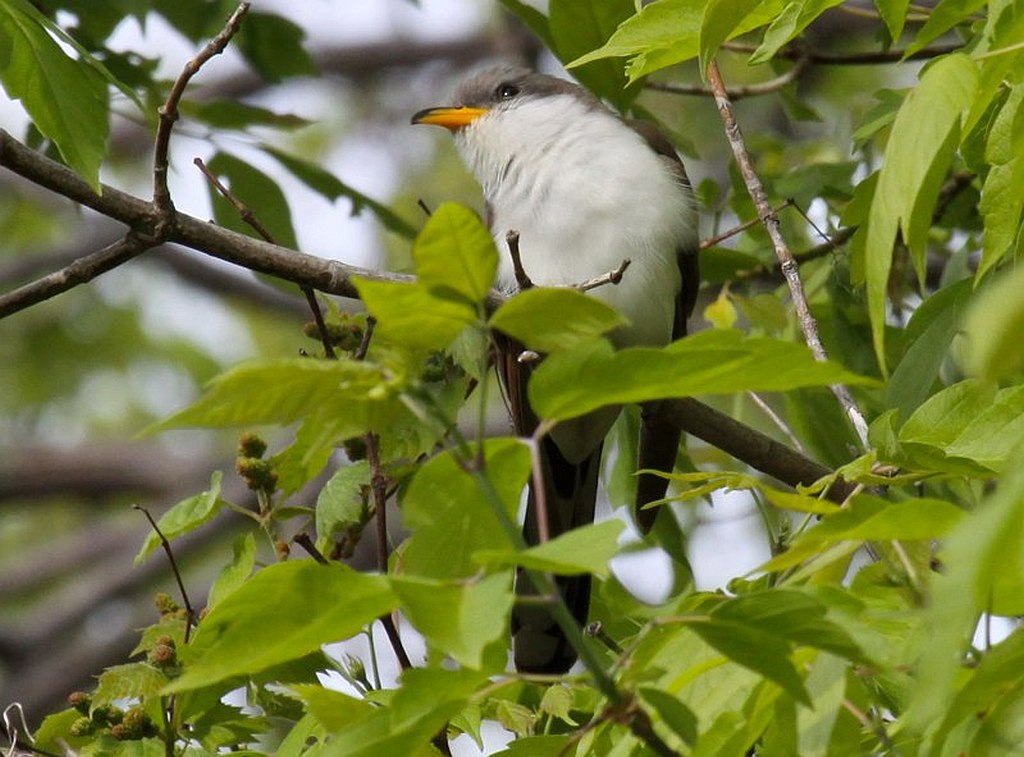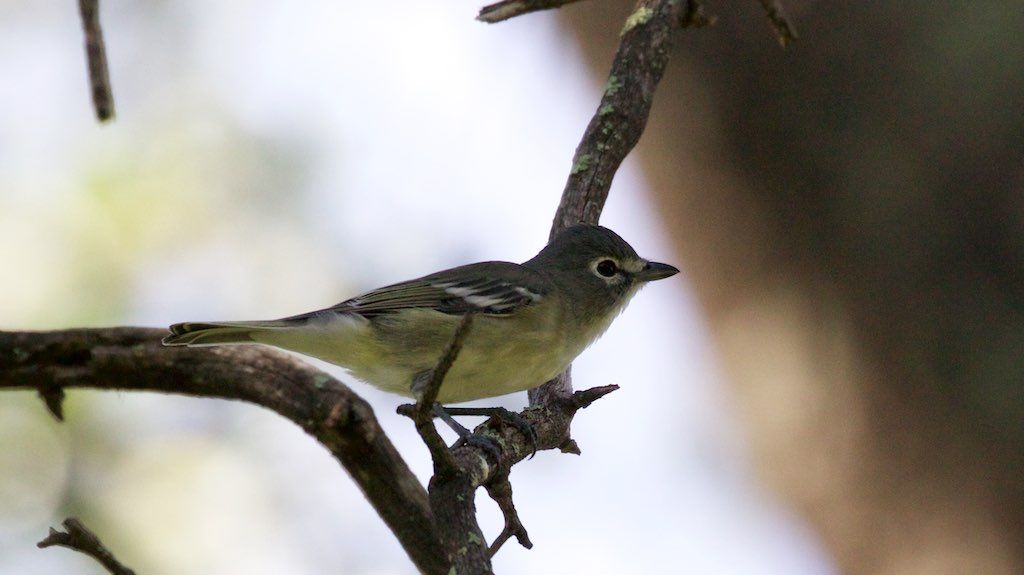
Why haven’t I seen an orchard oriole (Icterus spurius) in Pittsburgh since June? They probably left early on migration. Some have a reason to hurry — they raise a second family in Mexico.
A 2009 study by Rohwer and Hobson found that some yellow-billed cuckoos, orchard orioles, hooded orioles, yellow-breasted chats and Cassin’s vireos breed in North America, then on their migration south they stop off at the thorn forests of western Mexico and raise a second family.
This “migratory double breeding” discovery was stunning. Scientists knew of just two Old World species who did this on their journey north, but until this study no birds were known to do it in the western hemisphere and none anywhere were known to double-breed on the southbound trip.
Gathering the evidence was daunting. July and August are monsoon season in western Mexico with temperatures at 100+ degrees, humidity at 100% and lots of biting insects. Rohwer’s team was there to study the molt cycles of migratory songbirds. Instead they found five species breeding! In addition to orchard orioles they found …
… the tellow billed cuckoo (Coccyzus americanus) that breeds in eastern North America and western Mexico:

Hooded oriole (Icterus cucullatus): breeds in southeastern Texas, the Southwest, parts of California and western Mexico.

Yellow-breasted chat (Icteria virens): breeds across the U.S. and into southern Canada and Mexico.

and Cassin’s vireo (Vireo cassinii): breeds in the Pacific Northwest, southwestern Canada and surprisingly in western Mexico.

Who would have guessed they’re in such a hurry to raise another family half a continent away.
(photos by Chuck Tague, Anthony Bruno and from Wikimedia Commons)
Very interesting Kate ! I’d never have thought that. Thanks.
Really interesting and informative. Thank you